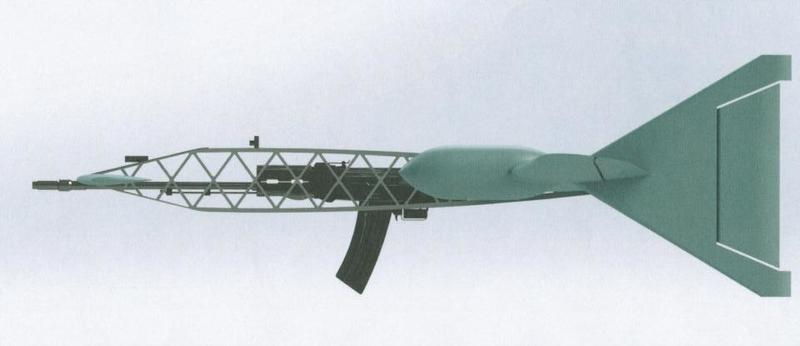Russia preparing for future cyber attacks, readies own web in case of internet shutdown
06/06/2019 / By Ethan Huff

As the Western media continues to drum up fear and hysteria about the alleged impending threat of Russia launching a cyber attack against the United States and other NATO allies, the former Soviet Union is reportedly prepping its own communications infrastructure to withstand a potential Western-launched cyber attack against itself.
According to reports, Russian authorities have already partnered with several major telecom operators to conduct tests on the integrity of the nation’s communications infrastructure. Part of the exercise will involve disconnecting the entire country from the world wide web, says the Russian news agency RosBiznesKonsalting (RBK), in order to compile a threat analysis for the Russian Parliament.
To coincide with a proposed law known as the Digital Economy National Program, this disconnection protocol aims to establish a guarantee concerning the independence of the Russian Internet, known as Runet. Internet service providers (ISPs) will essentially be required to ensure that, in the event of a foreign attack against Russia’s communications infrastructure, they will continue to remain independent and fully operative.
“Telecom operators (MegaFon, VimpelCom (Beeline brand), MTS, Rostelecom and others) will have to introduce the ‘technical means’ to re-route all Russian internet traffic to exchange points approved by the Federal Service for Supervision of Communications, Information Technology and Mass Media (Roskomnadzor), Russia’s federal executive body responsible for censorship in media and telecommunications,” explains SHTFplan.com, relaying an article originally published by ZeroHedge.com.
“Roskomnazor will observe all internet traffic and make sure data between Russian users stays within the country’s borders, and is not re-routed abroad.”
For more news about cyber attacks, be sure to check out CyberAttack.news.
Russia says it’s concerned that the United States might try to cut off its internet, which is why it’s trying to go completely independent
The ultimate endgame, of course, is to make Russia’s internet completely independent of the rest of the world, ensuring that all vulnerabilities present in the current paradigm of interconnectedness are fully eliminated.
Russia continues to express concerns that the United States might try to cut off its internet, which is why the country is trying to route all domestic internet traffic internally, rather than the current setup whereby all 12 companies that oversee Russia’s root servers for its Domain Name System (DNS) are located outside of Russia.
At the same time, Russia is also trying to build a mass censorship system similar to what already exists in China, where the Chinese are assigned social credit scores by the communist government.
“What Russia wants to do is to bring those router points that handle data entering or exiting the country within its borders and under its control- so that it can then pull up the drawbridge, as it were, to external traffic if it’s under threat – or if it decides to censor what outside information people can access,” BBC News reports explain.
“China’s firewall is probably the world’s best known censorship tool and it has become a sophisticated operation. It also polices its router points, using filters and blocks on keywords and certain websites and redirecting web traffic so that computers cannot connect to sites the state does not wish Chinese citizens to see.”
By 2020, Russia hopes to have 95 percent of its internet traffic occurring locally – a move that could escalate already growing tensions between Russia and the United States. In essence, by making its internet systems independent of the rest of the world, Russia is escaping one more clutch of U.S. sanctions, which ZeroHedge.com warns is sure to “anger Washington.”
To learn more about how the power grid is also vulnerable to a cyber attack just like the communications grid, be sure to visit PowerGrid.news.
Sources for this article include:
Tagged Under: attack, Communications, cyber attack, cyber war, Glitch, global war, government, internet, national security, NATO, power grid, Russia, telecom, War, World Wide Web
RECENT NEWS & ARTICLES
COPYRIGHT © 2018 MILITARYTECHNOLOGY.NEWS
All content posted on this site is protected under Free Speech. MilitaryTechnology.news is not responsible for content written by contributing authors. The information on this site is provided for educational and entertainment purposes only. It is not intended as a substitute for professional advice of any kind. MilitaryTechnology.news assumes no responsibility for the use or misuse of this material. All trademarks, registered trademarks and service marks mentioned on this site are the property of their respective owners.



















